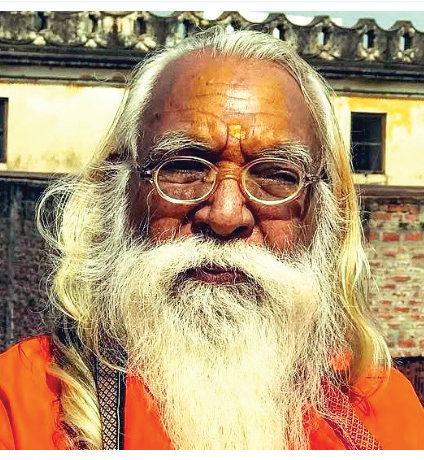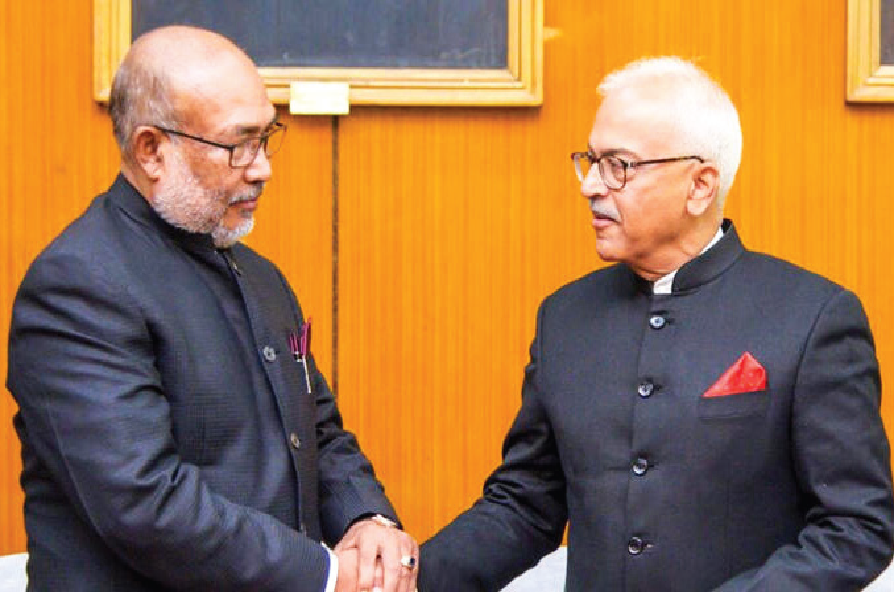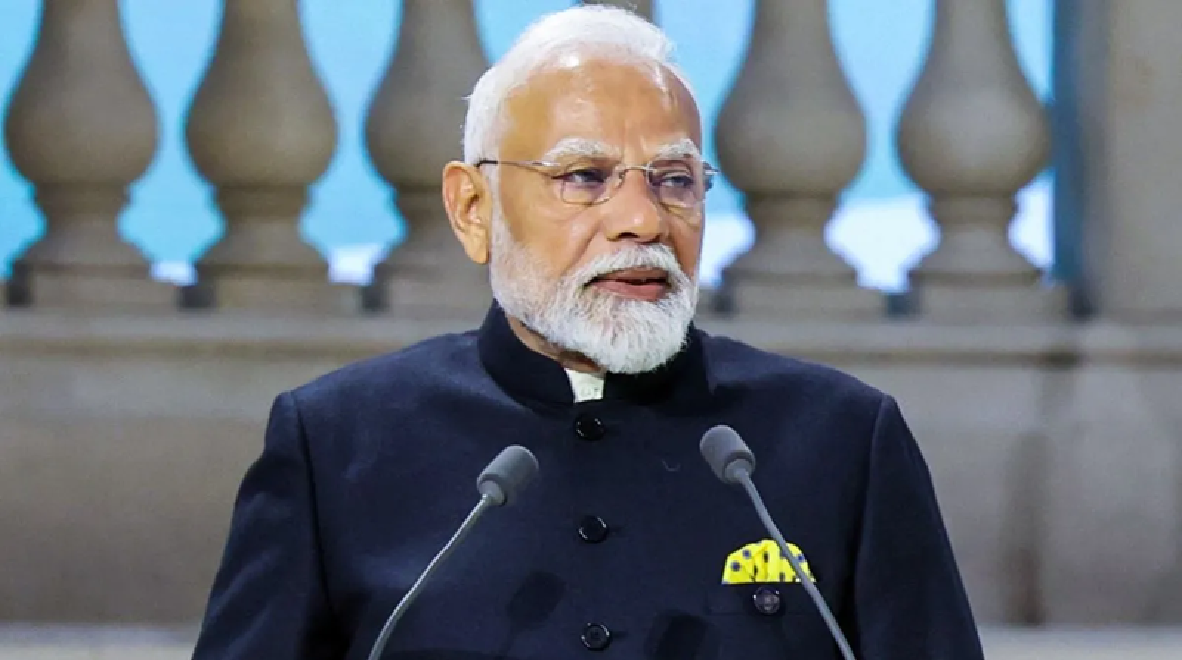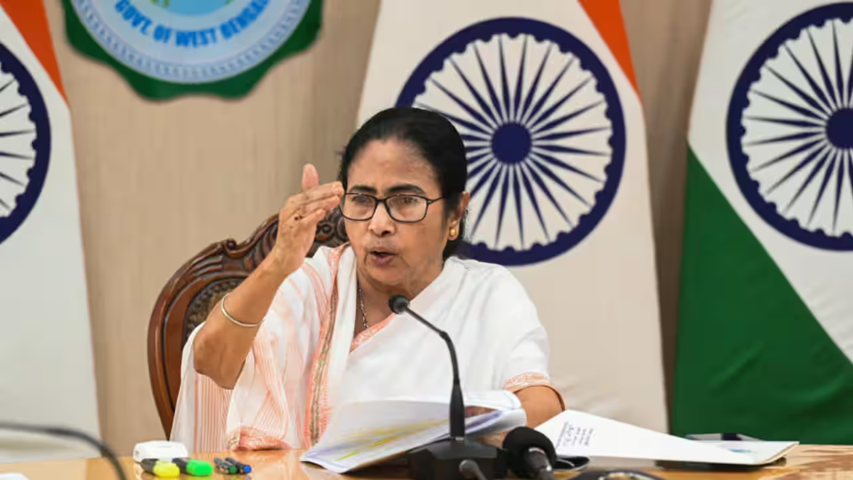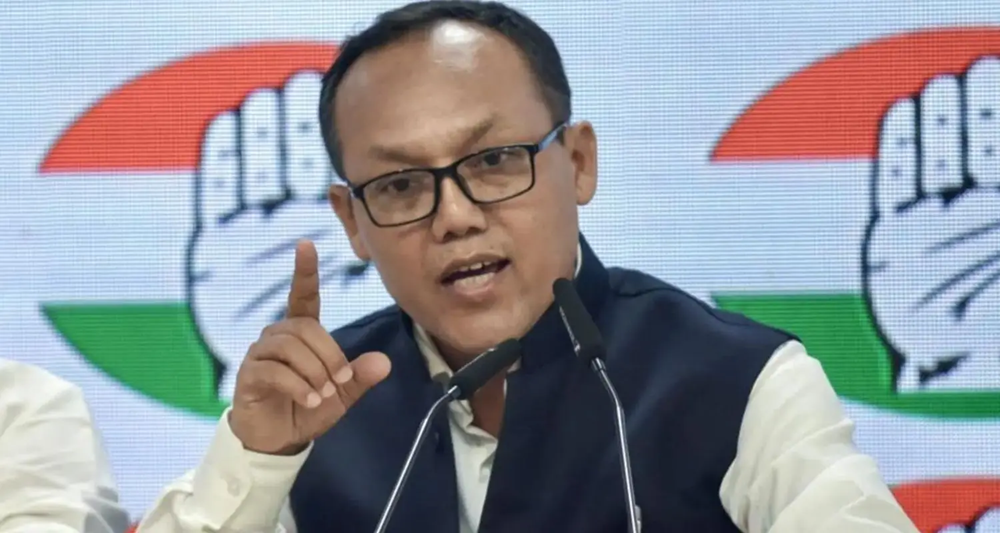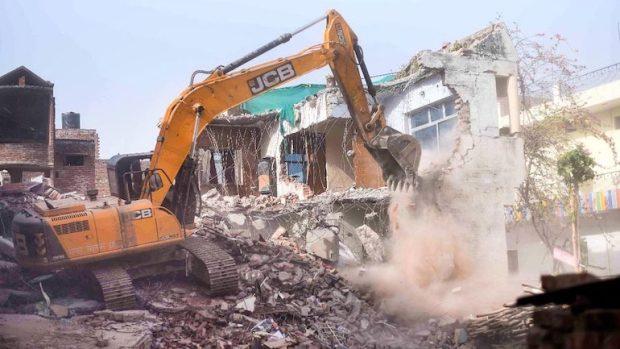
Bulldozer Raj: Justice delayed as minorities crushed; will state pay for its tyranny?
For too long, "Bulldozer Raj" has been a brutal tool of intimidation, tearing apart not just homes but lives, dignity, and hope. The Supreme Court's recent intervention, while a much-needed relief, exposes the depths of a chilling practice that should never have existed in a democratic nation. By making it clear that demolishing homes and properties without due process cannot be condoned, the Court is finally stepping in to stop what can only be described as state-sponsored violence.
The rise of Bulldozer Raj, first ignited by Yogi Adityanath's government in Uttar Pradesh, has been systematically adopted by other states including Delhi, Madhya Pradesh, Haryana, and Rajasthan. Under the guise of punishing alleged criminals, a disturbingly clear pattern emerged: more than 90% of the victims were Muslims, while others came from backward communities.
The pretext? Allegations of cow smuggling or illegal construction. The real agenda? Political and communal repression. Leaders across these states even celebrated their bulldozer rampages. Publicly hailed as 'Bulldozer Baba' and 'Bulldozer Mama,' chief ministers wore the mantle of destruction with pride, as if the mass razing of homes, businesses, and livelihoods was an administrative success. Worse still, bulldozers were paraded as symbols of state power in cultural processions, their engines roaring as warnings to anyone deemed undesirable. The Supreme Court’s intervention came after petitions from Jamiat Ulema-e- Hind and victims in states like Rajasthan and Madhya Pradesh.
It is a damning indictment of our justice system that it took this long for the Court to act. For years, homes have been razed under the flimsiest of excuses— often in the middle of the night or on holidays, to avoid legal challenges. People lost not only their homes but their life's savings, their memories, their safety. In just two years, it’s estimated that over one and a half lakh homes were destroyed, leaving more than seven lakh people homeless.
Families with children, the elderly, and the infirm were forced to sleep on the streets. Meanwhile, state governments turned a blind eye to their suffering. This isn't justice; it is oppression. The case of student leader Afrin Fatima is a grim example. Her family’s house in Prayagraj, Uttar Pradesh, was demolished after she stood at the forefront of the citizenship struggle.
The house was legally owned, yet the bulldozers tore it down on the grounds of a neighbor’s complaint. In Rajasthan, a family’s home was razed after a school fight involving their son. These are not isolated incidents they are deliberate acts of cruelty. The Court’s ruling that demolitions, even in cases of alleged illegal construction, cannot proceed without following proper legal procedures offers a glimmer of hope.
But let’s be clear: justice delayed is justice denied. Countless lives have already been shattered by the government’s vindictive and unlawful actions. For years, the judiciary’s silence has been complicit in this gross violation of fundamental rights. It is far too late for those whose lives have been irreparably destroyed, but for the many still living in fear, the Supreme Court’s ruling is a small victory. Bulldozer Raj should have never been allowed to begin, and the fact that it flourished unchecked is a scar on the conscience of the nation.
Justice has been delivered, but not before entire communities were driven to ruin. The question now is: will the state truly be held accountable, or will this belated intervention be just another hollow promise in the face of relentless political tyranny?
 English daily published in Bengaluru & Doha
English daily published in Bengaluru & Doha


